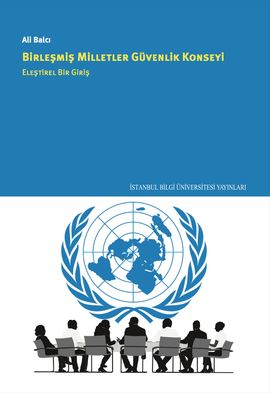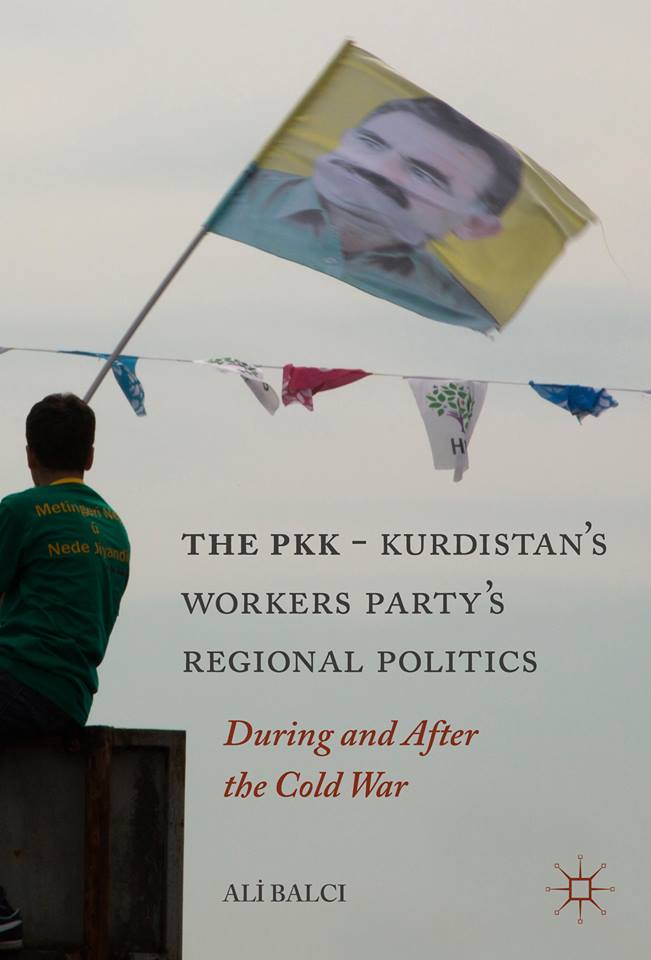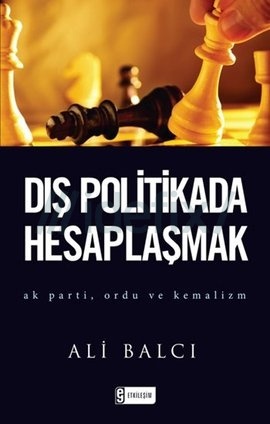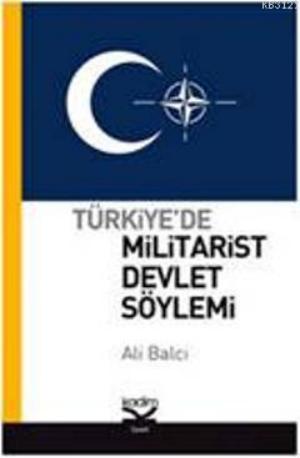Today’s Zaman, 2 September 2013
People who tend to look at Turkey’s foreign policy from a realistic perspective have the bad habit of subjecting everything to the truth test. Although this habit is one of the characteristics that distinguish them from other schools, extreme reliance on it may prevent us from seeing many things.
Those who read the assessments about “precious loneliness” by realistic foreign policy experts or who have had a look at Şaban Kardaş’s article, “‘Precious loneliness’ as a mumpsimus,” that appeared in the Zaman daily on Aug. 26 will understand better what I am trying to get at. In this article, Kardaş authoritatively explains why the concept of “precious loneliness” popularized by Cengiz Çandar is a mumpsimus. But is that all there is to the story? Is the validity of a concept compromised when we prove that it is a problematic, wrong and ideological one?
The quick answer: No. Let me try to explain this answer using another example. Neo-nationalist leftists or simply neo-nationalists have always argued that the Justice and Development Party (AK Party) came to power only thanks to help from the US, and they have even claimed that the high electoral support to this was made possible by CIA agents working for this party during the elections. Even some columnists with established intellectual identities have purported such claims. While anyone who monitors the developments in the Turkish political scene would pass them off as utter nonsense, how can these claims find recirculation? These claims are parroted and tossed and re-tossed around not because they are true but because they have certain functions in discrediting the AK Party. In a sense, they know these claims are nonsensical, but they still believe in them.
Now, let me discuss the concept of precious loneliness. First things first: The concept was coined by Çandar based on a phrase tweeted by İbrahim Kalın. Rather, Kalın’s phrase has been brought to common usage because it was functional for a discourse that has long been advocated by Çandar. And why this concept has quickly become widespread after it was introduced by Çandar can be explained with reference to this functionality. In short, this concept has become popular because it has been normalized within the framework of a specific discourse and it has functionally facilitated the promotion of that discourse. Therefore, the question should be: Why did the concept of precious loneliness become popular so quickly? In other words, what was the discursive environment that had made such a convenient popularization of the concept?
Foreign policy never just about foreign policy
Before moving on to the answer, I must touch on why “foreign policy” is never solely about foreign policy. Elsewhere, I had argued that we need to realize that the AK Party’s policy of zero problems with neighbors is actually a discourse that offsets the adverse effects of the Kemalist foreign policy — that normalizes and permeates the dominant role of Kemalism in domestic policy. In other words, the zero-problems policy was a “resistance on two fronts” as it helped the AK Party that was fighting the Kemalist hegemony to normalize, legitimize, approve and promote its discourse in a dominant manner. To put it another way, the zero-problems policy has created a major venue for the implementers of this policy and at the same time introduced significant competition for the dominant Kemalist foreign policy discourse from the marginalized alternatives. Furthermore, it has stripped the Turkish army — being the major protector of the Kemalist hegemonic block — of its privileged authority (in foreign policy) for setting the country’s course — by telling it to retreat to its barracks as the country is no longer surrounded by enemies.
Indeed, foreign policy discourses and practices cannot be treated independently of the power struggle inside; rather they make sense when they are taken into consideration together with the domestic struggle. During the past two years, the groups who are unhappy with the AK Party’s hegemonic position in the domestic political scene have realized that any attack against the identity of this hegemonic actor is of no use except making it grow and become stronger. They have come to understand that any alternative discourse that can discredit the AK Party expediently can be developed based on foreign policy. This was previously tested with the “axis shift” claims, but this move had failed because it was centered on the identity of the AK Party. As the international scene where the cards are reshuffled in the wake of the Arab Spring offered dissident groups another chance, they started to attack the AK Party’s unique zero-problems policy.
Initially voiced by dissident political groups, this attack soon became stronger with the inclusion of the liberal circles offended by the AK Party in the anti-AK Party camp. When the AK Party’s discursive supremacy received a major blow during the Gezi Park protests, this camp grew more vocal by recruiting many distinguished intellectuals, such as Çandar and Hasan Cemal, who lent support to the AK Party against the Kemalist camp. Therefore, it is no coincidence that the AK Party’s foreign policy practices are now the bull’s eye for critical arrows from these intellectuals. The concept of precious loneliness has become instrumental not only in suggesting that the zero-problems policy is dead, but also in arguing that Turkey is getting lonelier because of the AK Party’s policies. Thus, according to this new critical discourse, the AK Party is not only becoming more authoritarian, but also damaging Turkey’s national interests by leading to Turkey’s isolation.
In the light of the foregoing, it can be indicated that the concept of precious loneliness is precious because of its role in discrediting the AK Party with reference to foreign policy. Therefore, the argument that this concept has not been endorsed by the AK Party, but manufactured by its opponents does not make it worthless. Rather, this argument helps to boost the functionality of this concept as it serves to promote its circulation. Yet I must note, to avoid this process by simply ignoring this concept is not as easy as it may seem. It seems as though we will continue to discuss this concept unless the languages and mechanisms which make it normal in the discursive universe — such as the emergence of structural changes in the Middle East that would be in favor of Turkey, restoring relations with the EU and the US, the return of the AK Party’s reformist spirit or the taming of the concept by restoring its connotations — become effective.
 Etiketler Etiketler
|
dış politikaforeign policyTurkeyTürkiye |












